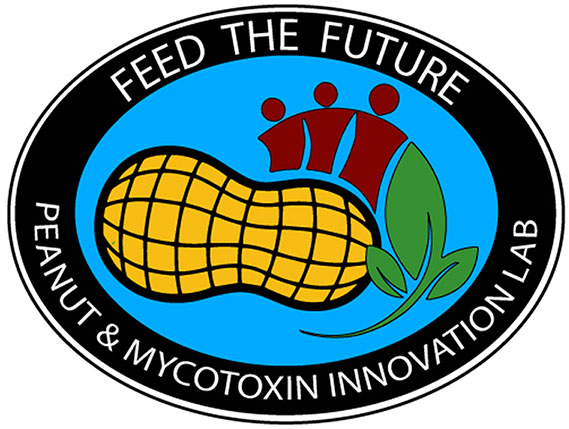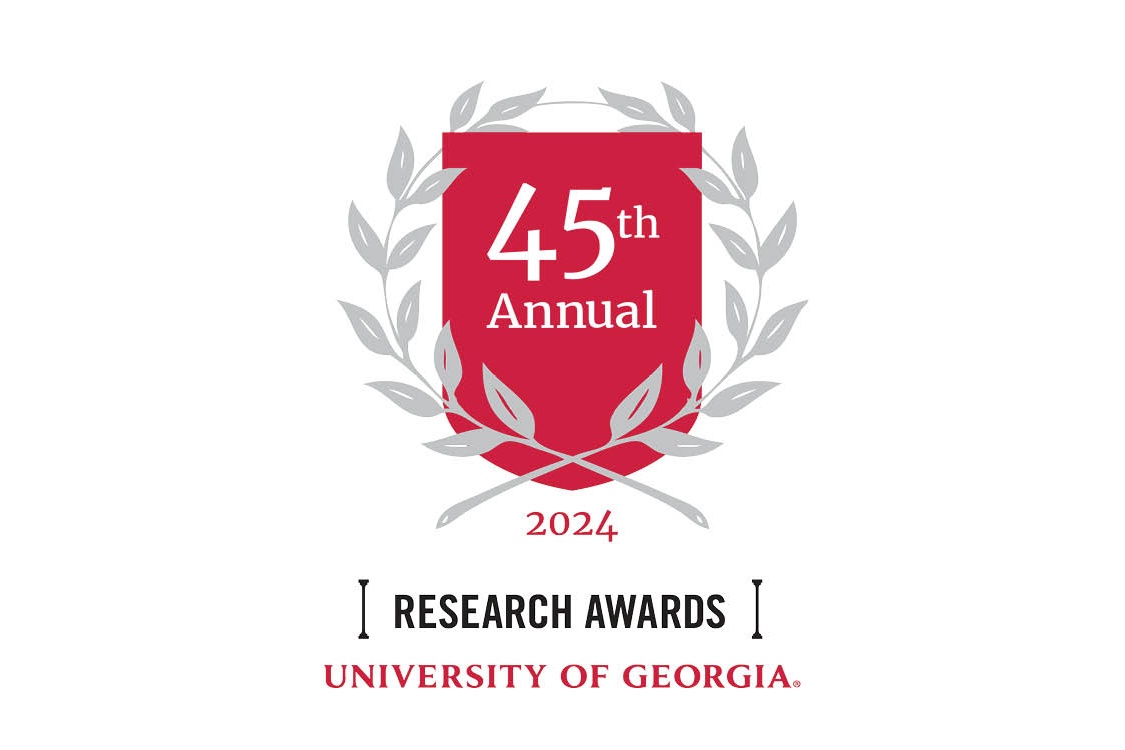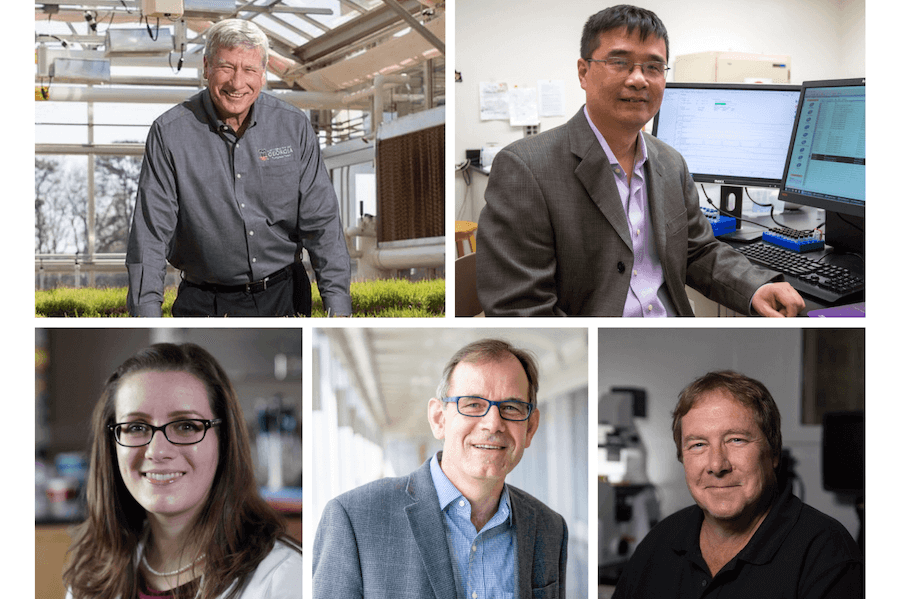Mycotoxins are harmful chemicals that can be produced by fungi in crops like peanuts and corn. A group of agricultural scientists from across the world met in Georgia last month to discuss the need for more robust sampling and detection methods for these potentially lethal food toxins.
The group included scientists from the United States, Zambia, India, Haiti, Tanzania, Ghana and Mozambique. They all work on projects funded through the Peanut and Mycotoxin Innovation Lab (PMIL) and the Feed the Future Innovation Lab. Based within the University of Georgia College of Agricultural and Environmental Sciences, PMIL manages federal funding from the United States Agency for International Development (USAID)for research in this field and help scientists collaborate on projects beneficial to Americans who enjoy peanut butter sandwiches and people in parts of Africa and other countries who survive on peanut-based diets.
More than 35 national and international PMIL project partners met July 27 through Aug. 2 at Rock Eagle 4-H Center in Eatonton. The group held an intensive whirlwind of meetings and took informational tours across the state from Athens to Tifton, the heart of peanut production in Georgia.
The week-long meeting brought together PMIL-lead scientists, USAID representatives, external advisory panel members and collaborators from Haiti and several countries in Africa and south Asia to discuss the progress of their research, plan upcoming activities and identify areas for further collaboration.
One outcome of the meeting was the identification of a pressing need for a set of robust mycotoxin sampling and detection protocols, said PMIL Assistant Director Jamie Rhoads, who heads up this effort.
“PMIL is not just a bunch of independent projects working in parallel. We are one program with a goal,” said PMIL Director Dave Hoisington.
At the meeting’s conclusion, the external advisory panel recommended PMIL lead scientists review their project timelines to accelerate their research, enhance the focus on gender and nutrition in the value chain projects, build on the successes of past research, and more clearly define the research to impact pathways, Hoisington said.
Following the sit-down meeting at Rock Eagle, the group toured peanut research, processing and production facilities in south Georgia. The tour included Frank’s Designs for Peanuts at Nolin Steel in Ashburn, the USDA/ARS National Peanut Research Laboratory in Dawson, JLA Global Food Testing in Albany, Birdsong Peanuts in Sylvester and the UGA College of Agricultural and Environmental Sciences campus in Tifton.
For more on PMIL research, see the program's website at pmil.caes.uga.edu/.







